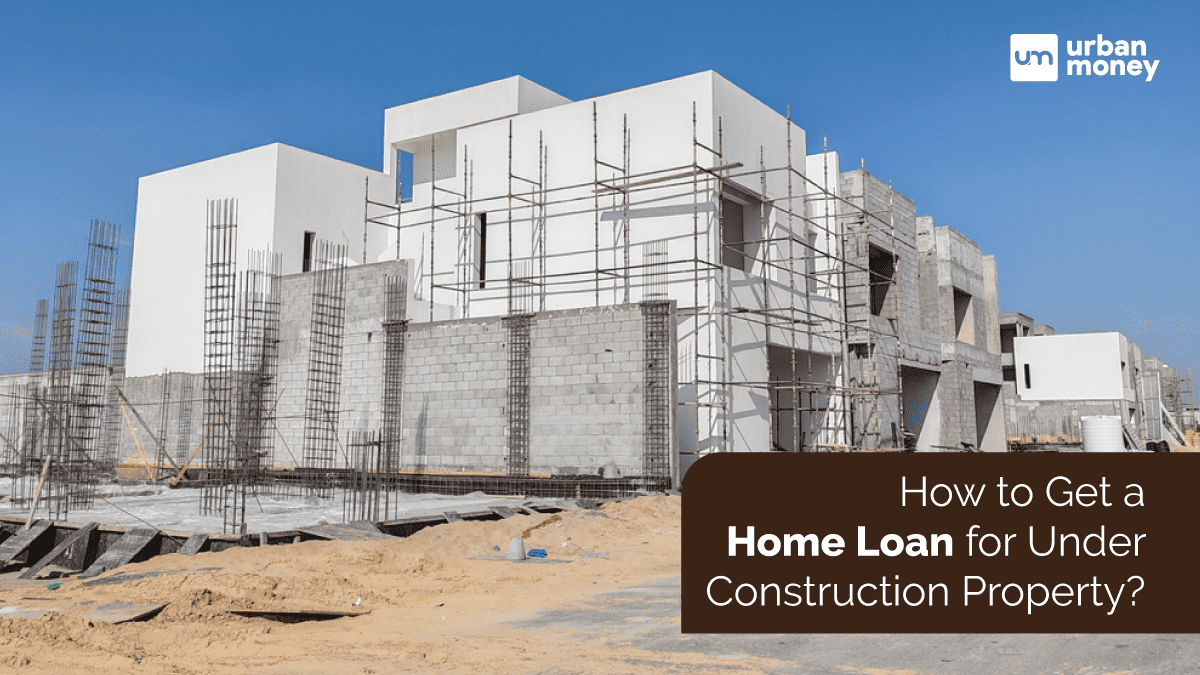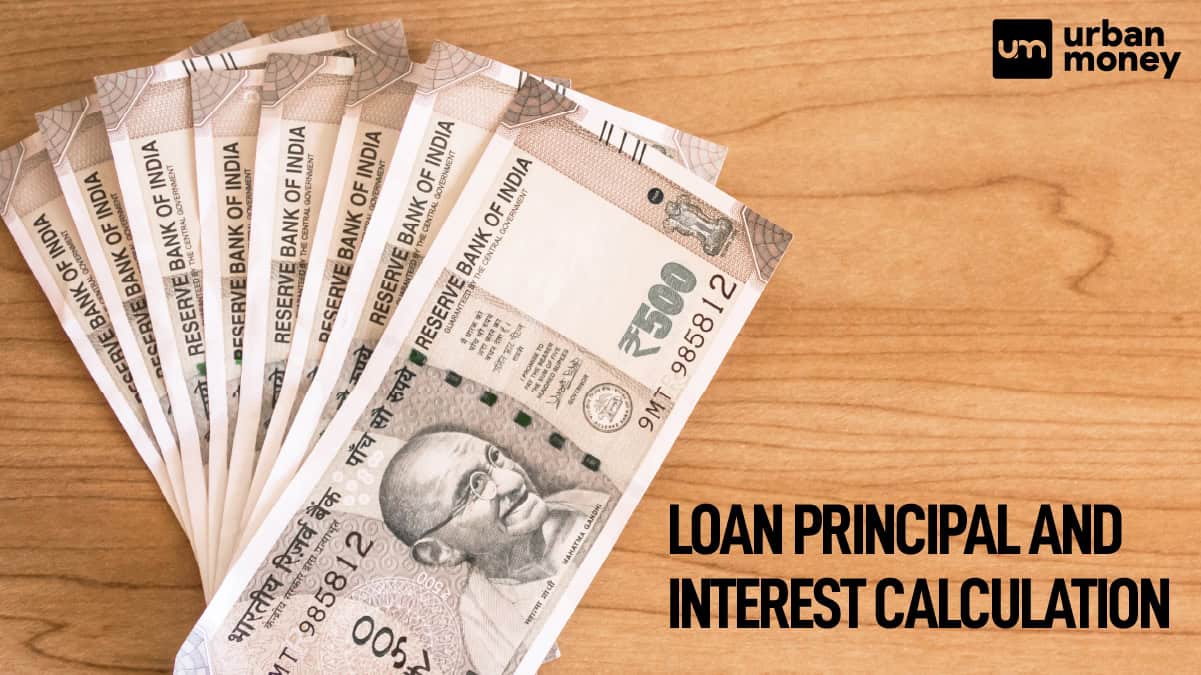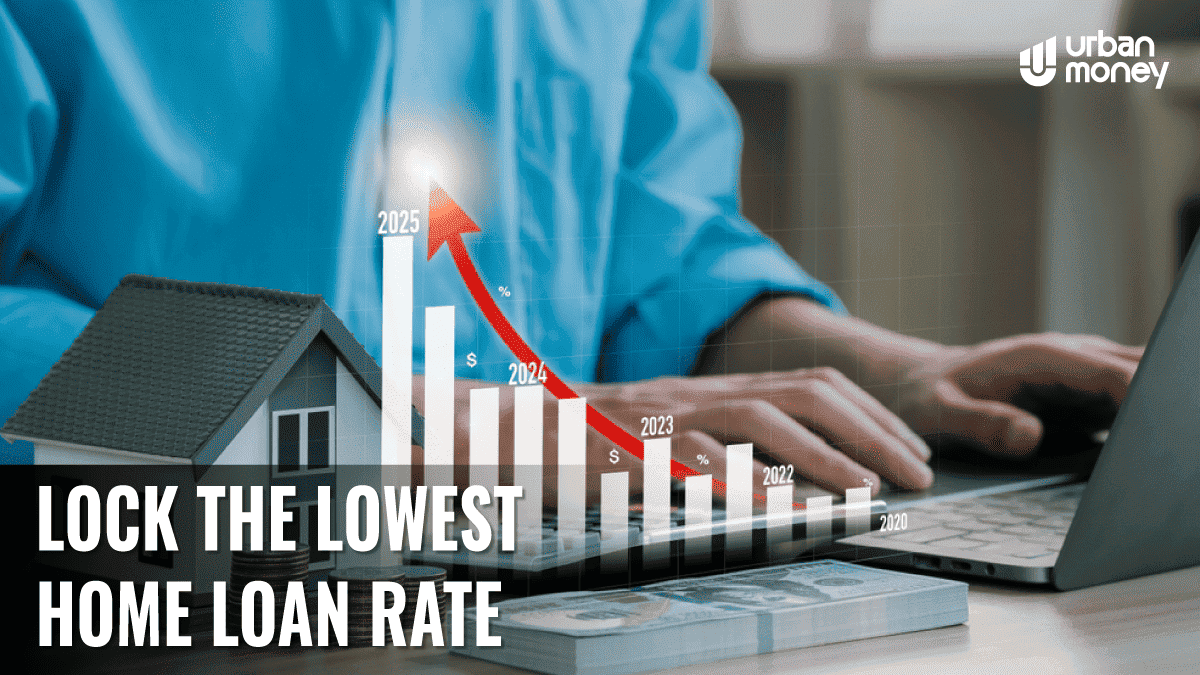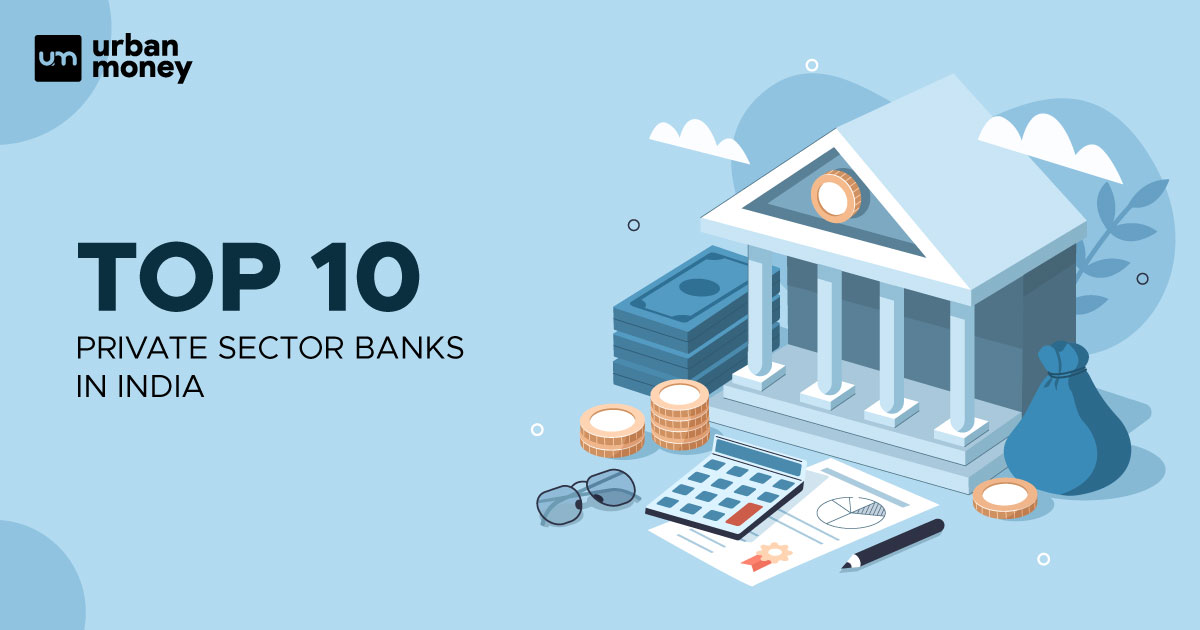Top 10 Best Private Banks in India List 2025
January 09, 2025
Home Loan Archive | GST and Its Influence on Home Loan Interest Rates

July 30, 2024
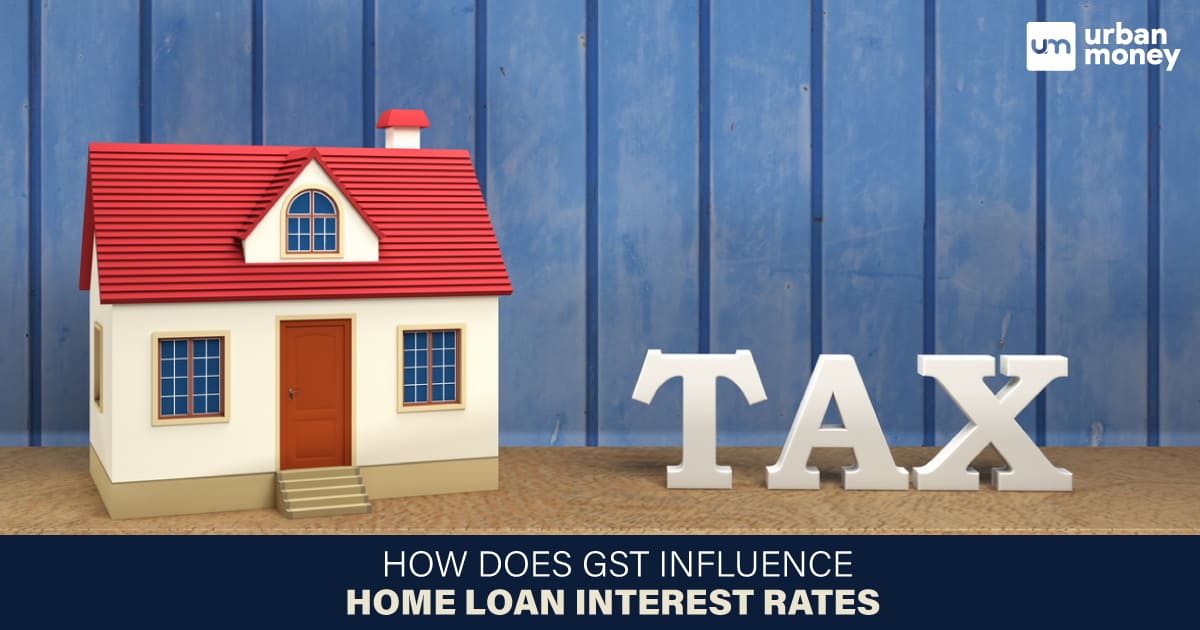

If you’re planning to purchase a new home, it’s crucial to understand how the Goods and Services Tax (GST) can affect your home loan interest rates. GST is a consumption tax introduced in India on July 1, 2017, and has significantly impacted various industries, including real estate.
Implementing GST on home loans has resulted in a change in the tax structure for home loans. Previously, home loans were subject to service tax, but now they are subject to GST. The home loan GST rate is currently set at 18%. This means that the interest rate on your home loan will now include the GST component.
While this may sound like bad news for homebuyers, there is a silver lining. Under the new tax regime, homebuyers can claim an input tax credit (ITC) on the GST paid on their home loan interest. This means you can claim a deduction on the GST paid on the interest component of your home loan.
Table of Contents
ToggleImplementing the Goods and Services Tax (GST) has positively impacted the real estate sector, which was previously complicated with multiple indirect taxes such as Value Added Tax, Entry Tax, Octroi Tax, Central Excise Tax, and Service Tax.
The new uniform tax rate has eliminated these taxes and allowed builders to have input credits on GST paid for services and goods purchased, thus reducing the cost of units, which is passed on to the buyers. The GST rate is lowered to 5% on under-construction properties, while ready-to-move-in properties are exempt.
The GST has brought about transparency and accountability, reducing unethical dealings in the real estate industry.
Additionally, the GST has reduced the cost of logistics, which may improve the margins for builders.
The Indian Government has revised the GST rates for purchasing flats and under-construction properties effective April 1, 2019. The new rates are as follows
Under-construction apartments are subject to an 18% tax, of which the buyer must pay 12%. The GST council reduced the tax rate from 12% to 5% for properties without Input Tax Credit.
The ITC system allows real estate developers to claim credit for the taxes they pay on acquiring goods and services during a housing project.
The government has extended the benefits of the Credit Linked Subsidy Scheme for Economically Weaker Sections (EWS), Lower Income Group (LIG), Middle Income Group-1 (MlG-1), and Middle Income Group-2 (MlG-2) to low-cost houses with a carpet area of 60 square meters in a housing project that has received infrastructure status, as per the Ministry of Housing and Urban Affairs.
This is part of the Housing for All (Urban) Mission or Pradhan Mantri Awas Yojana (Urban) initiative. The move is expected to provide greater affordability and convenience to people seeking a home.
As a borrower needing financial aid, Home Loans are a viable option. The introduction of GST has eliminated the 15% service tax on Home Loans. Home Loan borrowers pay varying amounts of GST on the processing fees and charges included in the home loan cost.
Affordable and unaffordable housing have different rates of GST, 1% and 5%, respectively. Applying GST on Home Loans has resulted in several positive impacts, such as a decrease in construction costs, a reduction in the total cost of borrowing, and an increase in demand for under-construction properties. Borrowing a Home Loan now is more favorable to buy a property.
The focus is now shifting toward the impact of GST on home loan EMIs, as more people are taking advantage of the reduced interest rates and the more straightforward process of availing home loans. Applying a standard rate of 18% GST on home loans throughout the country will replace the previous 15% service tax, leading to slightly higher payments for home loan borrowers.
As the interest rates increase, banks and lenders will also raise the interest rates on home loans. The effects of GST on home loan EMIs remain speculative. The market will closely monitor how much credit lenders decide to charge on home loan EMIs in the coming months.
GST (Goods and Services Tax) is a consumption tax levied on the supply of goods and services in India. The impact of GST on home loans can be analyzed from two perspectives.
Despite some adverse effects, the Goods and Services Tax (GST) has positively impacted the liquidity of the home loan market in India. The introduction of GST has resulted in several benefits that have positively impacted the home loan market’s liquidity. Some of the positive effects of GST on the liquidity of the home loan market are:
In conclusion, the implementation of GST has had a mixed impact on the liquidity of the home loan market in India. While it has resulted in some adverse effects, such as an increase in the cost of home loans, it has also resulted in several positive effects, such as increased transparency, reduction in tax evasion, and an increase in foreign investment, which have positively impacted the liquidity of the home loan market.
| Related Resource |
| Top 10 Best Banks for Home Loan |
| Plot Loans for Land Purchase |
| Top Housing Finance Companies in India |
| Home Loans for Rural Areas in India |
| Home Loan for Government Employees |
While GST does not apply on home loan interest or home loan EMIs. But, a GST of 18% is applicable on loan processing or other charges on home loans. This was at 15% earlier but has now increased to 18%.
HDFC charges 18% GST on home loan EMIs. And these charges are levied all across the country.
When purchasing under-construction homes in India, such as flats, apartments or bungalows, buyers need to pay GST. On the other hand, builders must collect GST from the buyer and pay the government.
No, you cannot claim GST back on the property purchased, as GST is only applicable on ready-to-move-in or a completed property. Although, you can claim back GST on under-construction properties. Is GST payable on loan interest charges?
What is the GST rate for an HDFC EMI?
Is GST paid by the builder or buyer?
Can you claim GST back on property purchases?










© 2025 www.urbanmoney.com. All rights reserved.

Need Loan Assistance?








